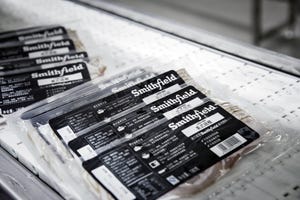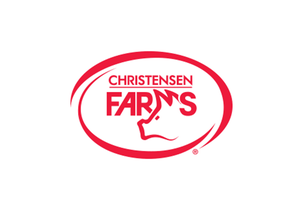This means that the decision of a three-judge panel of the U.S. Court of Appeals for the 5th Circuit Court in New Orleans is binding. That ruling states that EPA can only require permits from farms that are actively discharging.With this development, NPPC says it intends to immediately begin the process to recover legal fees it spent in challenging EPA’s 2008 CAFO rule
May 16, 2011

The Environmental Protection Agency (EPA) decided on Friday not to seek a rehearing of the Clean Water Act case on concentrated animal feeding operations (CAFOs) that it lost to the National Pork Producers Council (NPPC) in March.
This means that the decision of a three-judge panel of the U.S. Court of Appeals for the 5th Circuit Court in New Orleans is binding. That ruling states that EPA can only require permits from farms that are actively discharging.
With this development, NPPC says it intends to immediately begin the process to recover legal fees it spent in challenging EPA’s 2008 CAFO rule.
In its decision, the Appeals Court ruled that EPA overstepped its statutory authority in required CAFOs that propose to or might discharge to apply for Clean Water Act permits.
NPPC, the American Farm Bureau Federation, the United Egg Producers and several other agricultural groups sued EPA over its so-called CAFO rule, which was issued in 2008 after EPA’s core provision in the initial 2003 regulation was struck down by the U.S. Court of Appeals for the 2nd Circuit in New York City. In that 2005 decision, the court ruled that the CWA requires permits only for producers who actually discharge. EPA had sought to require permits even for operations that had a “potential” to discharge.
The 2008 regulation set a zero-discharge standard, including a duty to apply for a CWA permit for all CAFOs that discharge or propose to discharge. This rule suggested that CAFOs proposed to discharge if any future discharge occurred. This rule covered cropland on which manure is applied and imposed fines of up to $37,500 a day for illegal discharges and the failure of a CAFO that had a discharge to apply for a CWA permit.
The NPPC argued that the 2008 rule “constitutes a thinly veiled effort to impose the same duty to apply that was invalidated” by the 2nd Circuit. It also argued that the “failure to apply” violation creates substantial economic pressure to apply for a CWA permit, and that the regulation shifts the burden to a non-permitted CAFO that has a discharge to establish that it did not “propose” to discharge.
The 5th Circuit Court agreed with NPPC’s arguments, ruling on the “duty to apply” provision that previous court cases “leave no doubt that there must be an actual discharge…to trigger the CWA’s requirements and EPA’s authority.” It also struck down the CAFO rule’s “failure to apply” provision, indicating that its imposition is “outside the bounds of the CWA mandate.”
You May Also Like


